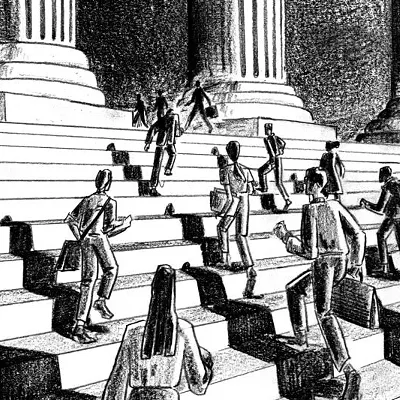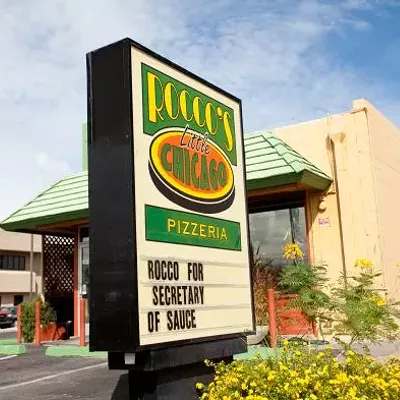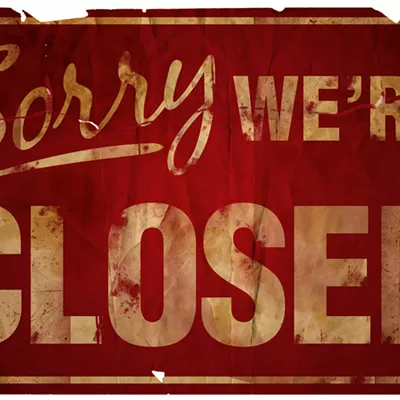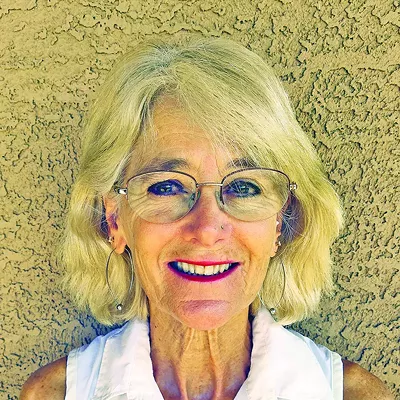Wal-Mart wouldn't tell us how much its stores do for its employees, our communities and humanity if it didn't have a reputation as a low-wage employer that provides inadequate health insurance, drives out local businesses and profits from sweat shops around the world. The giant pharmaceutical companies wouldn't assure us how much they care about our health and welfare if they hadn't been caught covering up data that showed their products can sicken and kill, hadn't used a high-profile doctor who doesn't even have a medical license to shill their expensive pills and hadn't paid other unscrupulous physicians to prescribe their overpriced and potentially unsafe products. Even Prius-producing Toyota wouldn't be telling us how environmentally responsible it is if it hadn't been caught doing everything it could to oppose higher vehicle fuel-efficiency standards.
But most of us have come to expect these kinds of messages from the commercial media, and we accept them as the price we must pay for the privilege of watching such uplifting programming as America's Next Top Model and The Jerry Springer Show. However, some of us do expect a slightly different standard from our public-broadcasting stations. So when we keep hearing spots for Rosemont Copper on KUAZ, we have to wonder if maybe we have misjudged this friendly, foreign-owned mining company.
Maybe a gigantic open-pit mine that will deplete and pollute our aquifers, destroy a national forest and turn scenic open space into an irreparably scarred and toxic tailings dump is truly in our best interest. At least we may wonder that until we also hear the announcer mention, "Underwriting is an effective way to support public broadcasting and enhance the image of your product."
Couldn't he have just said, "Underwriting is an effective way to support public broadcasting," and left it at that? Did he really have to invoke the E-word? "Enhance" is one of those perfectly good words that has taken on a somewhat tawdry tone of late. Unless we are really interested in offers to enlarge our or our significant other's penises, we'd prefer our spam filter got rid of any e-mails with "enhance" in the subject line. And as Wal-Mart, the pharmaceutical companies, Toyota and even our elected officials have repeatedly demonstrated, "enhance" doesn't fare much better when coupled with the word "image."
But we do understand that our public-broadcasting stations have to walk a fine line. They need money to continue to bring us alternatives to America's Funniest Home Videos. And corporate "underwriting," as they like to call these quasi-commercial announcements, is one way to do it. But this "enhance the image" angle seems questionable at best. In effect, it says, "No matter how much of a scum-sucker you may be, we can give you the public-radio aura of integrity and legitimacy if you just give us some cash."
Somehow, ethically bankrupt as it may be, advertising on commercial stations seems more honest than this. After all, they're just selling some time in the midst of their insipid programming. But Arizona Public Media is selling its name and, yes, its image. And this is from an organization that starts its value statement, "Every decision will be guided by what best serves audiences. Our staff, volunteers and interns are committed to meeting the needs and exceeding the expectations of our stakeholders and colleagues with honesty and integrity."
So we might ask the well-meaning folks at Arizona Public Media: Where will you draw the line? Is this image-enhancement business truly consistent with your organizational values? Is a potential Superfund site in the middle of our national forest really what best serves your audiences and your community? Can you clean the tarnish off Rosemont Copper without it rubbing off on you? And even if none of these considerations matter, will you lose more in the long run from individuals who withdraw their support than you will make in the short run from enhancing the image of tarnished corporations?










